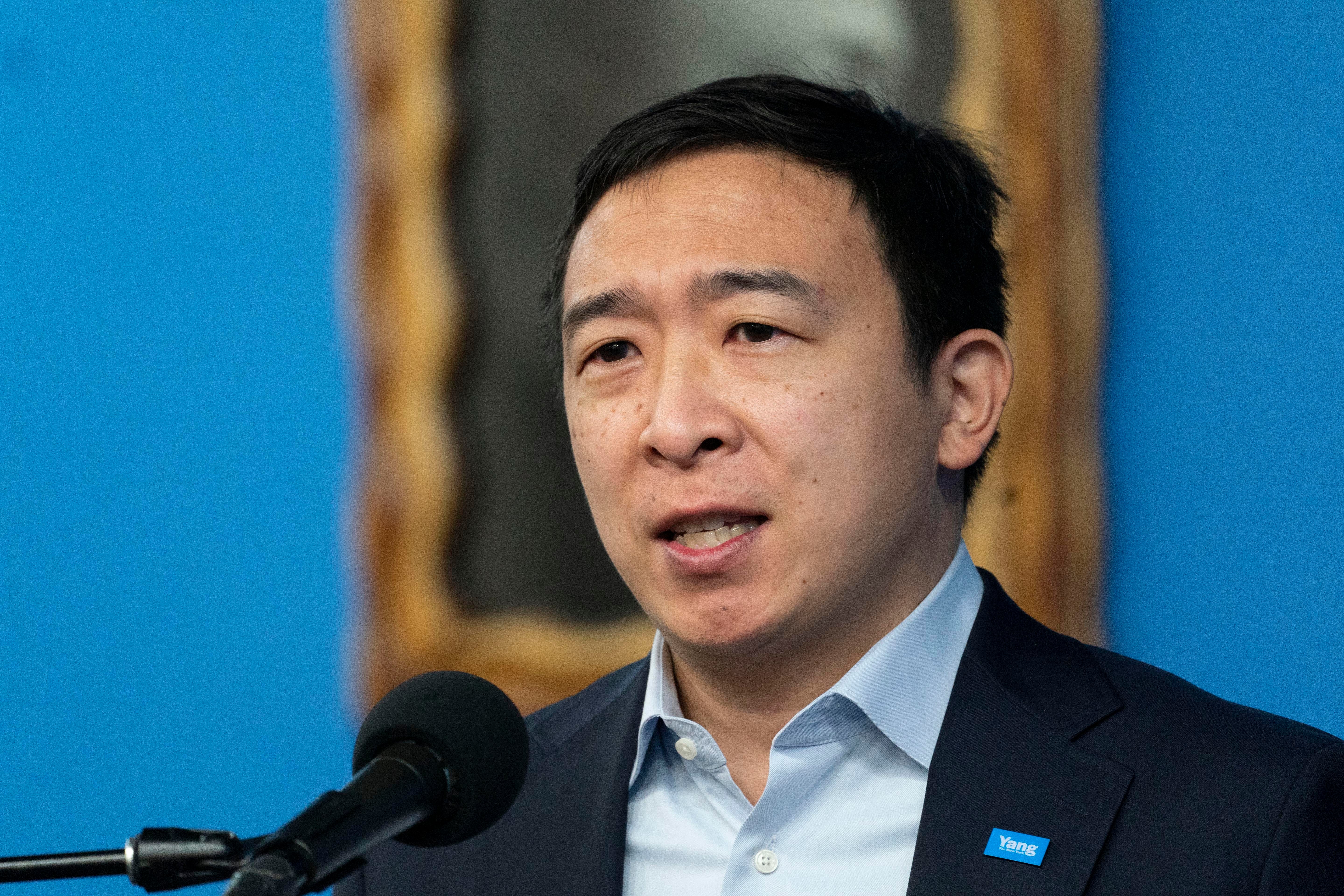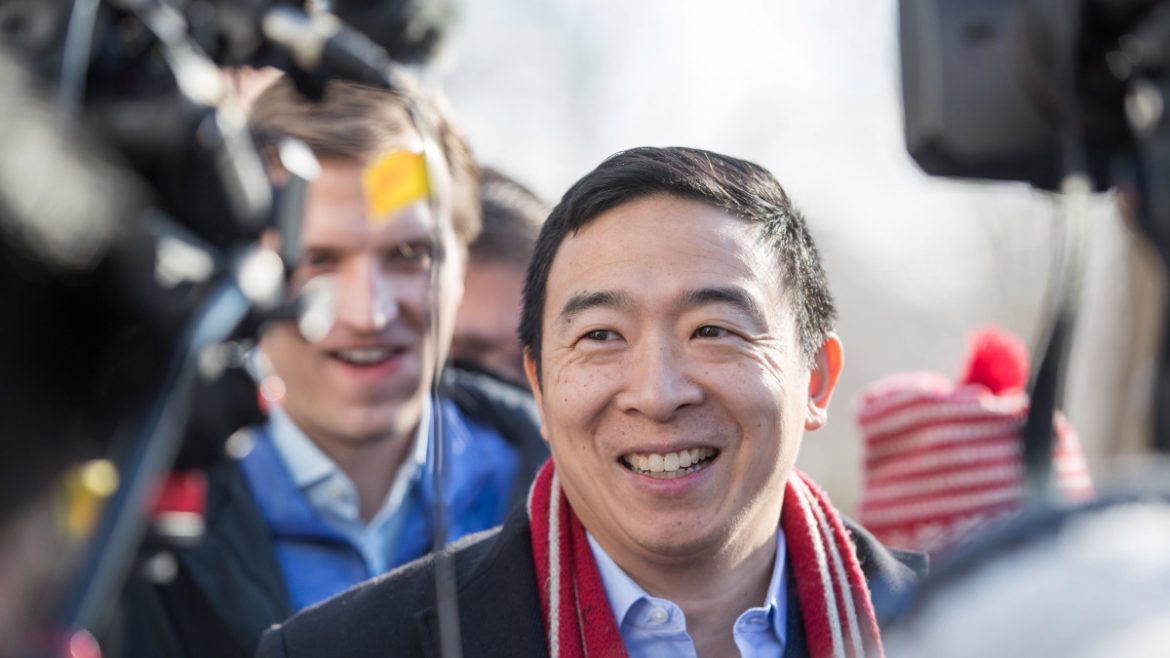
How much of it do you think is from the persona? Then there’s also the policies themselves and the excitement about the ideas. Laura: There’s a lot of excitement around him. And I think people like that, maybe especially given that we’re in this absolutely on all levels apocalyptic moment in American life. And I think one of his unusual qualities as a politician is that he’s just really sunny and friendly and happy, and slightly seems half-surprised to be there too. And it was-I mean, insofar as it was anything other than one of these weird “only in New York” moments, he is really, really popular. And they had this very weirdly normal campaign interaction that interrupted this otherwise really awful, completely unprovoked scene of violence. I interviewed the guy afterwards, and he’s been a fan of his since the presidential campaign, knew a lot about his policies, was actually gobsmacked to have met him, kept on thanking him for being there. So they’re scuffling, then the photographer runs back into the ferry, presumably to go find the cops, Andrew Yang comes out, and the guy, the assailant, turns around, and basically just stops and is like, “Andrew Yang, Andrew Yang, I’m a fan,” and starts just jibber-jabbering about UBI. A guy on the ferry came in and hit the photographer, completely unprovoked, with a walking stick. Also, he was constantly telling people, “Oh, you look so cool.” Granted, New Yorkers really do look cool, but he was always like, “Cool sneaks, amazing streetwear, you look so cool.” Then we were on the Staten Island ferry, I was sitting with him inside the ferry, and there was a Getty photographer named Spencer who was following him around. He really is kind of a national-level political celebrity-he gets stopped on the street constantly, in part because he’s walking with a bunch of assistants, all of whom are wearing Yang masks.

Can you describe that moment for us and what you think that it shows about the way he interacts with potential voters?Īnnie: I followed him around in New York for a few days.

Laura: You wrote about Andrew Yang, and in your piece, you witnessed this dramatic encounter between Andrew Yang and one of his enthusiastic supporters. It’s easier to pull off that “I’m having a blast, I love New York” kind of feel when people want to run up and fist-bump you all the time. She doesn’t have strangers run up to her and say they loved her on a podcast. But people aren’t excited to see Kathryn Garcia, the former head of the Department of Sanitation, walk down the street. That seems to be a big part of the way he’s presenting it.Īlex: I think a lot of the other candidates really wish they could pull that off. And I think that you don’t often see that in political campaigns, like a genuine excitement to live in the big city and go to the cool spots. Laura: I know I keep talking about sandwiches and it sounds like I’m obsessed with food, but I feel like a big part of his appeal, apart from the UBI, is that he seems to have a limitless enthusiasm for New York. I think the Yang campaign in New York hugely benefits from the popularity of that idea, even if he’s not actually necessarily running on what any reasonable person would call UBI here. They know New York.”Īlex: It’s sort of crossing the ideological, because cutting everyone a check appeals to people on the left, it appeals to the Silicon Valley types who have a sort of quasi-libertarian outlook, and it’s an easy-to-explain idea, too. When I saw his picture, I was like, “Oh, the person who got that sandwich knows what they’re doing. It’s on Italian bread with sesame, and it has these layers of provolone, salami, ham, I think it’s eggplant parm, and the juice from the parm is soaking into the bottom layer of bread and squashing it slightly, and then there are all these condiments.

Laura Marsh: I’m looking at a picture of a sandwich that strikes me as basically the quintessential Italian sandwich that you can get in New York City. Why is Yang so popular? And what kind of mayor would he be? On Episode 30 of The Politics of Everything, hosts Laura Marsh and Alex Pareene discuss the unsettling success and national implications of Yang’s campaign with two guests: Annie Lowrey, who profiled Yang in The Atlantic, and Harry Siegel, who’s written about Yang’s candidacy for the New York Daily News. Andrew Yang-a man who has never held public office, nor even voted in a New York City mayoral election-is currently the front-runner in the race to be the city’s next mayor.


 0 kommentar(er)
0 kommentar(er)
